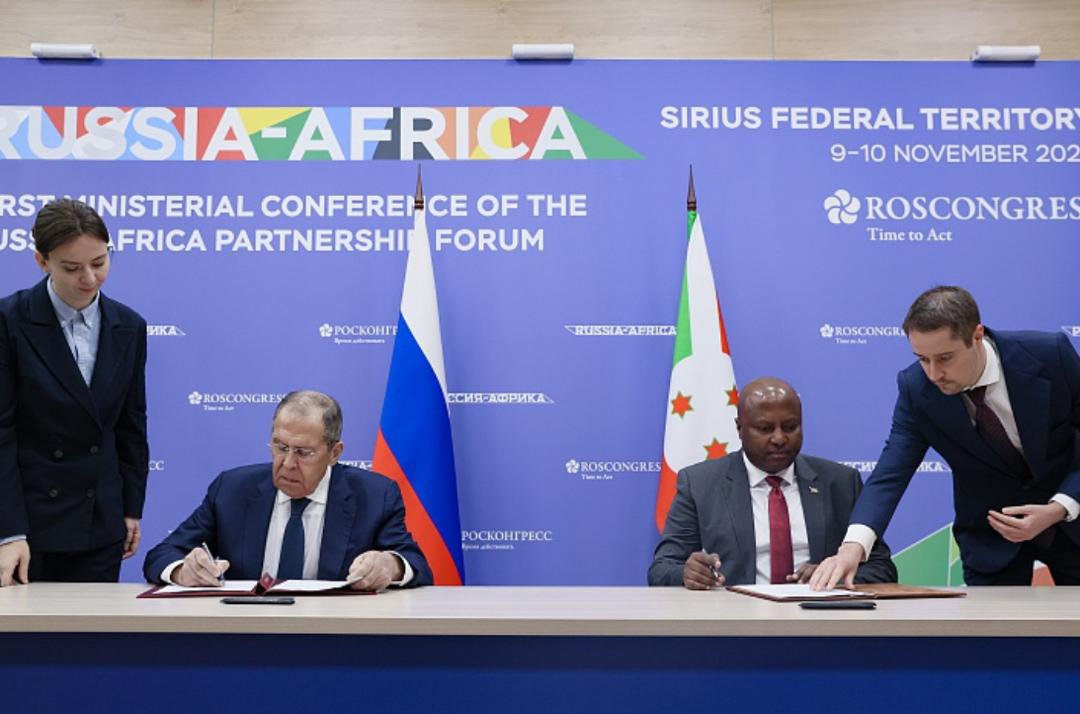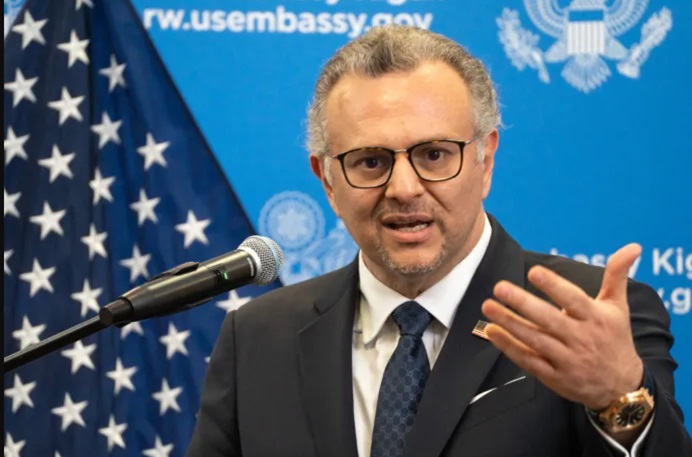
Africa-Press – Eswatini. The attack allegedly resulted in the shutting down of the organization’s devices, leaving employees without access to their work emails and the internet. Still, the overall scale and culprits of the “massive” cyber attack on the African Union’s (AU) telecom systems have not been identified.
The African Union’s systems have crashed following a “massive” cyber attack, according to Ethiopia’s The Reporter newspaper.
More than 200 corrupted devices were found and cleaned up, while the cloud-based data was secure but unavailable to access, the media alleged.

According to a memo written by Monique Nsanzabaganwa, the deputy chairperson of the AU Commission, the “massive cyber-attack” began on March 3 and was followed by an emergency shutdown.
The memo likewise reported that the disaster recovery system may recover some of the lost data. All of the affected devices must be cleaned before they can access the internet again, it added.
According to several AU employees cited by the media, their work emails and the internet had been unavailable to use for about a week.
Despite the fact they did not name the cause of the incident, some pointed to foreign elements, while others said it could have been a virus that got into the AU system when it tried to navigate its way through Ethiopia’s internet shutdown.
AU Systems Under Cyber Attacks
Earlier, media reported security breaches in AU systems, with the West accusing China of allegedly being involved in hacking and spying activities in Africa.
In 2018, a French newspaper reported that China had allegedly installed listening devices in the AU headquarters that secretly sent data to a computer system in Shanghai each night between midnight and 2 am.
Alongside that, in December 2020 there was another report by western media that said China had allegedly secretly redirected surveillance footage from the African Union headquarters located in Addis Ababa, Ethiopia.
All in all, western media said that Chinese activities are allegedly part of a larger pattern to electronically infiltrate key communications channels in Africa.
Wang Wenbin, Chinese Ministry of Foreign Affairs spokesperson, responding to the December 2020 report, said that the allegations were an attempt to harm Chinese-African relations.
Moussa Faki, the chairperson of the AU Commission, also reportedly denied any involvement of China in hacking concerning the AU.
The current news of a cyber attack comes amid the AU striving to boost its autonomy by reducing its dependence on external actors.
On the sidelines of the AU summit, which took place on February 15-19 in Addis Ababa, Ethiopia, the AU’s Political Affairs, Peace, and Security Commissioner Bankole Adeoye said the United Nations Security Council should acknowledge and correct “historical injustices” affecting Africa.
In February this year, Africa Union Commissioner Albert Muchanga also underlined the role of Ethiopia in upholding intra-African trade.
In addition, during the opening event of the December 2022 US-Africa Leaders’ Summit in Washington, DC, Ghana’s President Nana Akufo-Addo said Africa would earn global respect and improve the external perception of the continent if it stopped “begging” the West.
Before Akufo-Addo’s statement, several African financial organizations have called on African nations not to “mortgage their future” to foreign lenders. Thus, Akinwumi Adesina, president of the African Development Bank Group, advised the continent’s countries to be more cautious when borrowing funds – in order to prevent debt crises.
Alongside promoting intra-African trade, non-relying on debts provided by foreign financial organizations, and adequate participation of the AU in global affairs, in recent years, many African leaders have been promoting the ideas of pan-Africanism.
Earlier this month, South Africa’s President Cyril Ramaphosa highlighted the need for African nations to provide their own solutions to African problems. Moreover, Ethiopian Prime Minister Abiy Ahmed also said in February that Africans must reinvigorate pan-Africanism in order to “articulate and elevate” the African Union.









